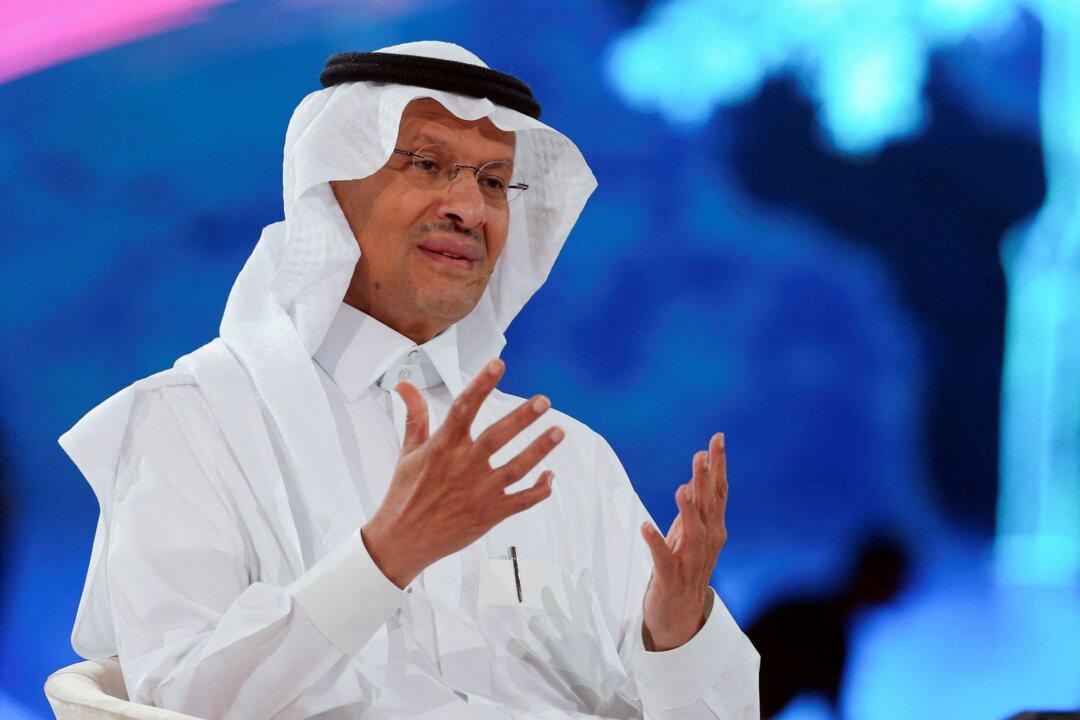The Saudi Arabian energy minister indirectly slammed the decision by the Biden administration to release oil from the Strategic Petroleum Reserve (SPR) as an attempt to “manipulate markets.”
This is the latest spat between Riyadh and Washington over crude production.
Saudi Energy Minister Prince Abdulaziz bin Salman did not directly mention President Joe Biden over the tapping of the U.S. emergency oil stocks, according to a story in the Agence France-Presse.However, the prince did refer to the recent move by the Biden administration to drain another 15 million barrels from the SPR onto the market through December, which will be expensive to replace.





